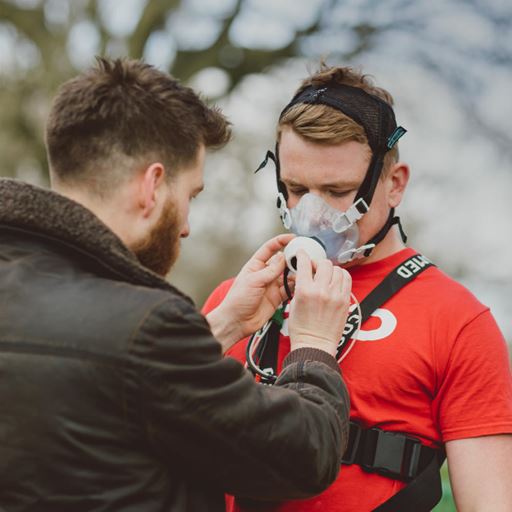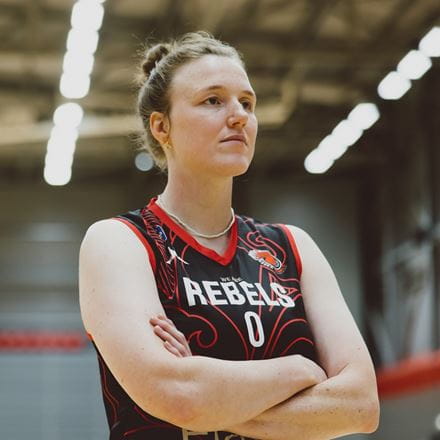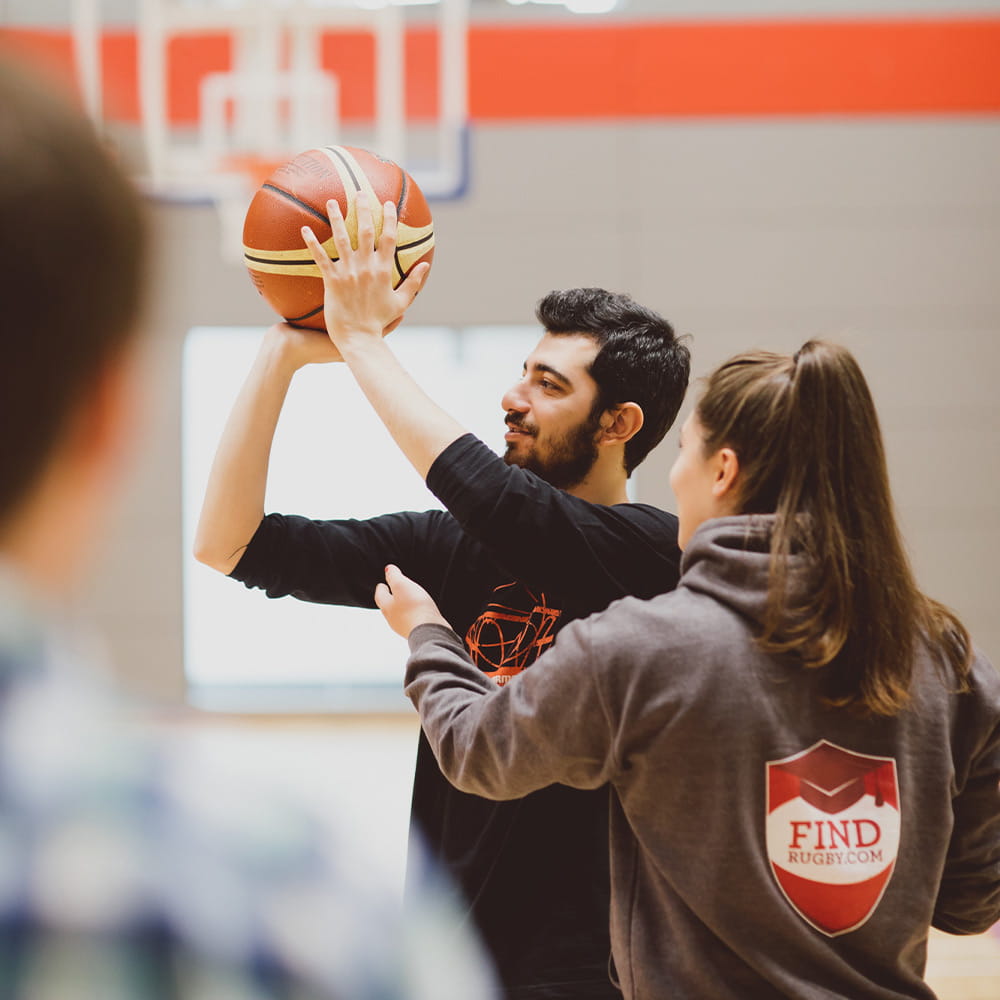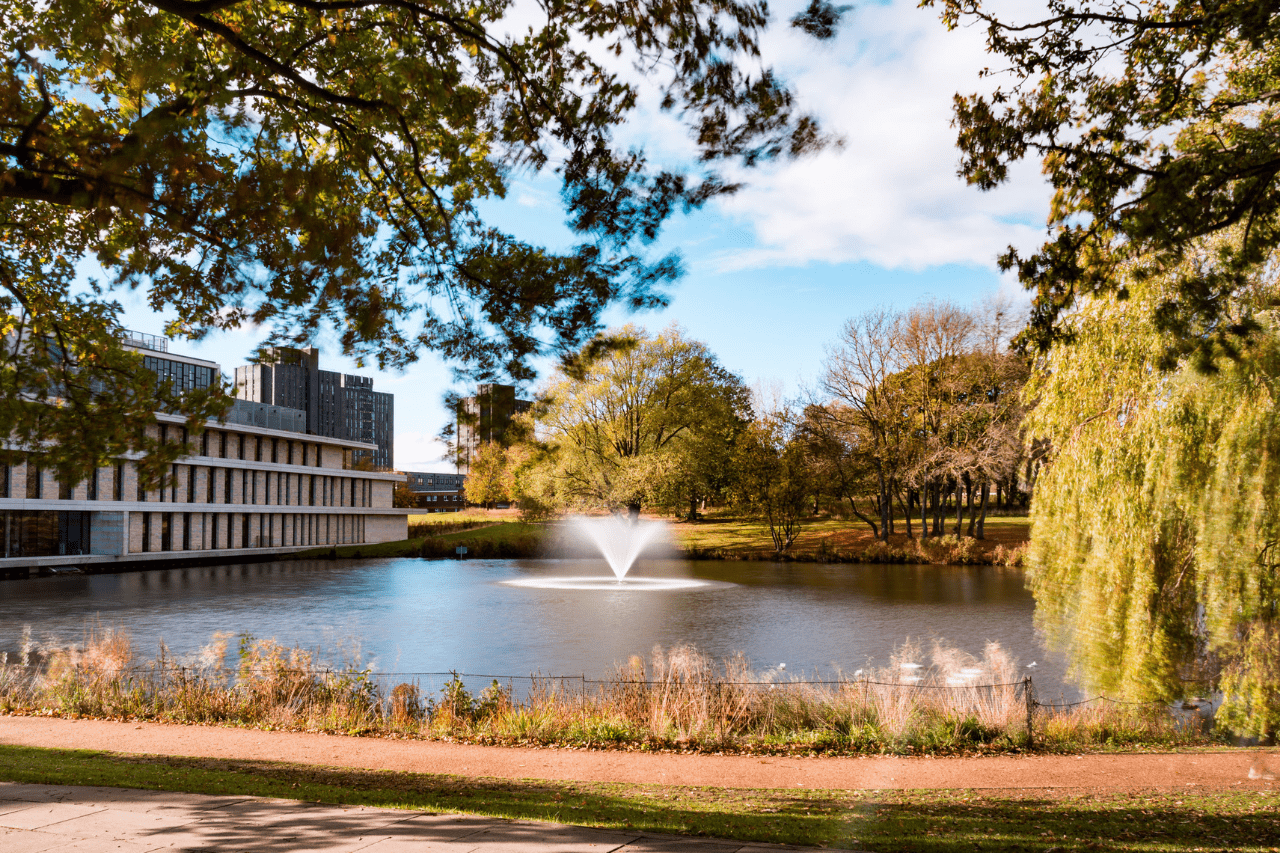Harnessing science to improve health and sport
The science behind sport and physical activity is becoming increasingly important, and it’s not just for professional athletes.
As our lifestyles become more sedentary, more people than ever are being encouraged to start running, join a local sports club, or go to the gym after work. For some people, this leads to more interest in improving their personal records, such as running a half marathon a little faster, or increasing the number of reps they can do. There is also a focus on improving quality of life across the lifespan. The skills you gain will enable you to work in a variety of settings, from sports and professional athletes, to positively contributing to societal quality of life. Sports scientists help people improve their fitness and reach their goals safely, based on a solid foundation of scientific research and evidence.
Coaching Science and Performance Analysis will provide you with in-depth understanding and a suite of industry-ready practical skills for optimising the health, performance, development and learning of sport participants across a range of settings. You will be able to apply theory to practice to effectively utilise coaching methodologies, analysis techniques and critical reflection to drive high-quality outcomes. In the ever-evolving field of sport coaching employment, where multidisciplinary knowledge is essential for everyday practice, you will be well positioned as a competent and capable practitioner. A degree in Sport and Exercise Psychology will enable you to enhance sport performance, exercise adherence, injury rehabilitation, wellbeing and overall health in elite athlete and general populations. You will be able to draw on your expertise of resilience, motivation, goal-setting and concentration, as well as a range of psychological skills techniques, to develop and implement high-quality mental training programmes.
Indeed, the number of people taking part in sport and exercise also increases the risk of injuries. With our degree in sports therapy, you will be able to work with injured population/sports/athletes to enable their recovery as well as preventing their initial and future injuries. Likewise, the importance of physiotherapy for recovery from a range of medical conditions means that more people are becoming aware of the key role they play in physical rehabilitation and are engaged with the NHS.
In our School we believe that these fields work in tandem. We’re here to ensure that you will have the skills and knowledge to get the best out of athletes, sports people, and those rehabilitating after injury or illness.
Whether you’re interested in the science behind sports and exercise, or keen to help people recover from injury, our undergraduate degrees will set you up for a rewarding career in your field of interest.
From the basics of physiology through to the psychology of coaching, our expert staff will guide you through your course, assisted by time in our specialist labs.
- 85% of our biological and sport sciences undergraduate graduates are in employment or further study (Graduate Outcomes 2025)
- 10th in the UK for sports science (Guardian University Guide 2026)
- 19th for student positivity in physiotherapy (National Student Survey 2025, English Broad Discipline Universities)
What can you study?
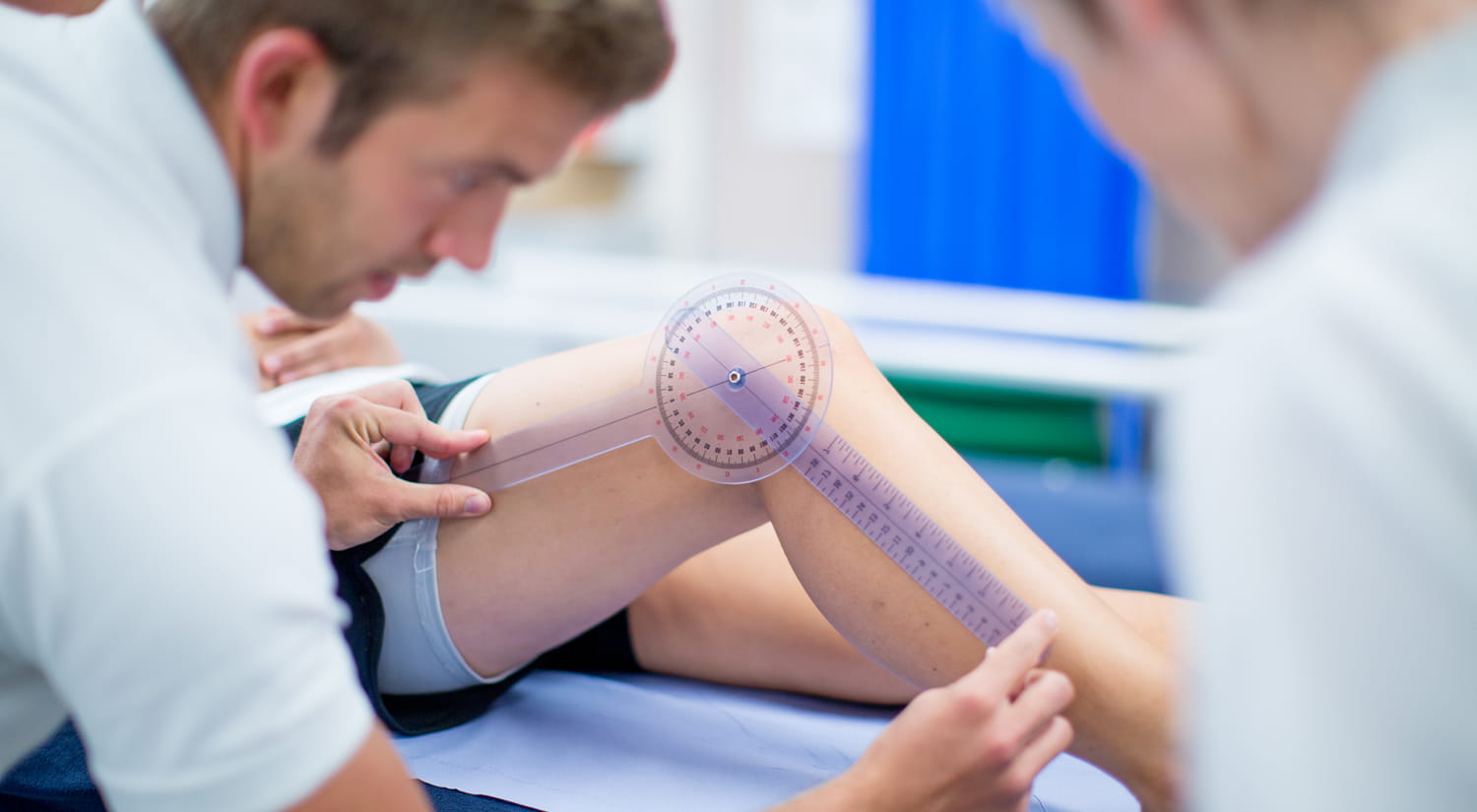
Physiotherapy
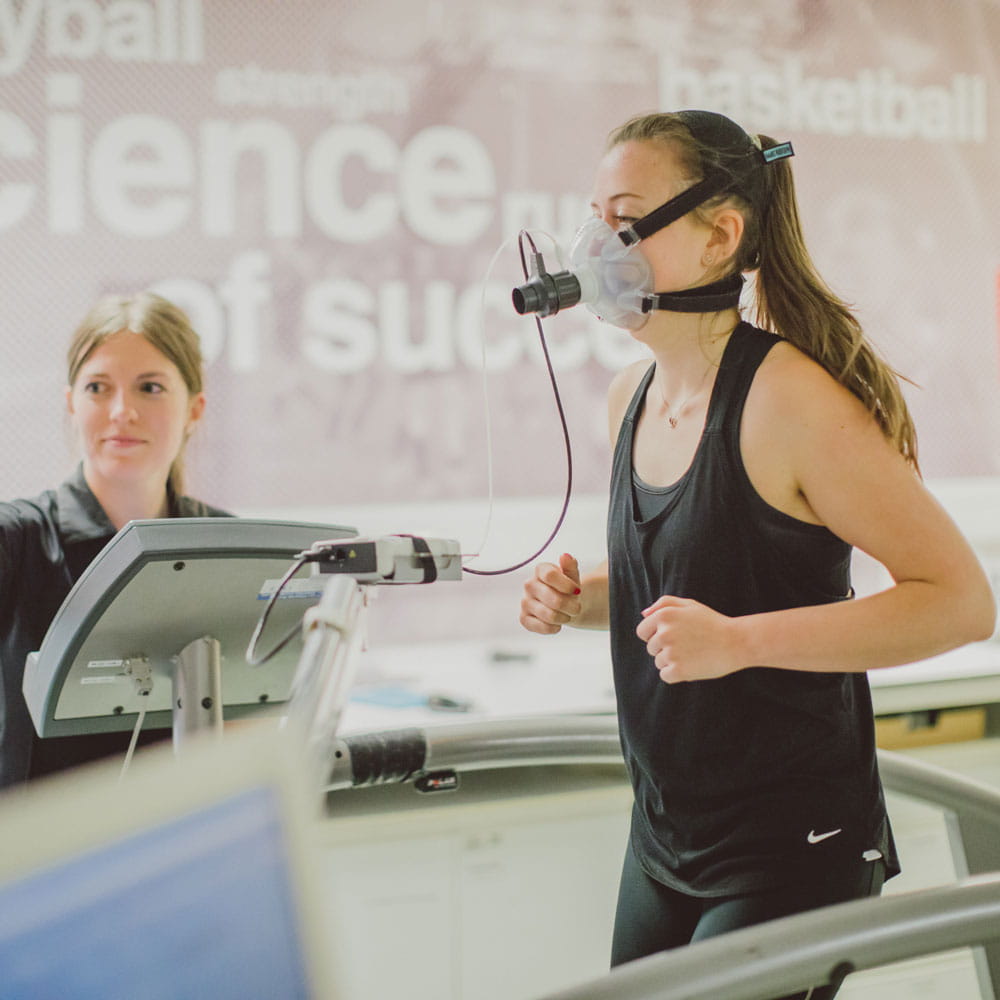
Sports and Exercise Science
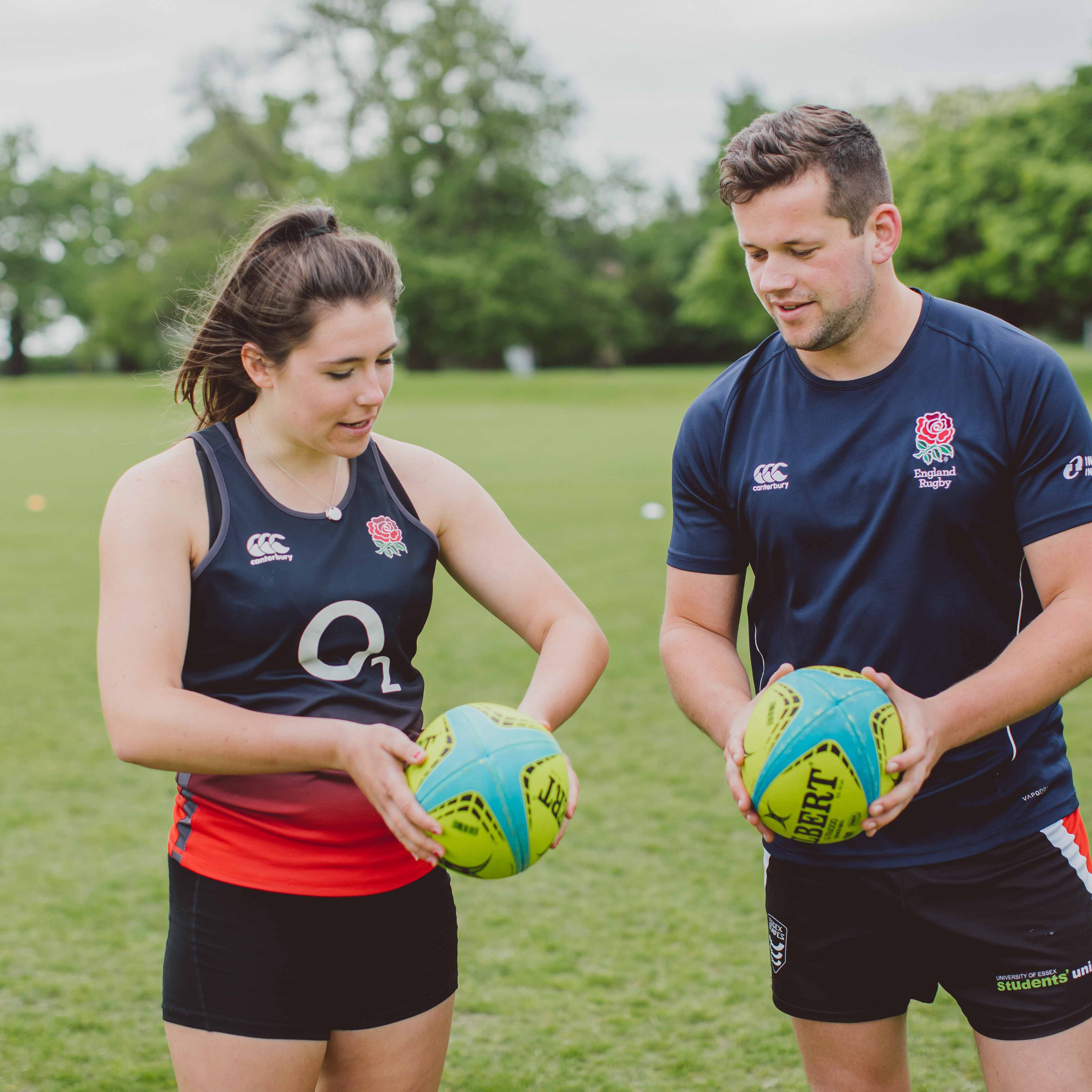
Sport Coaching
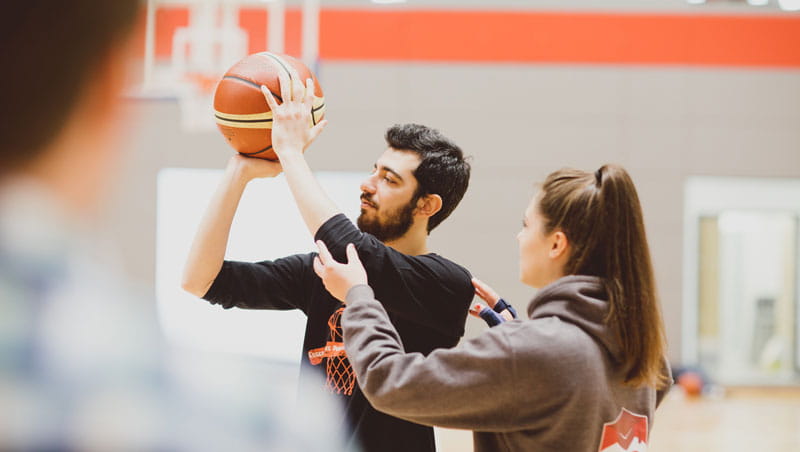
Sport and Exercise Psychology
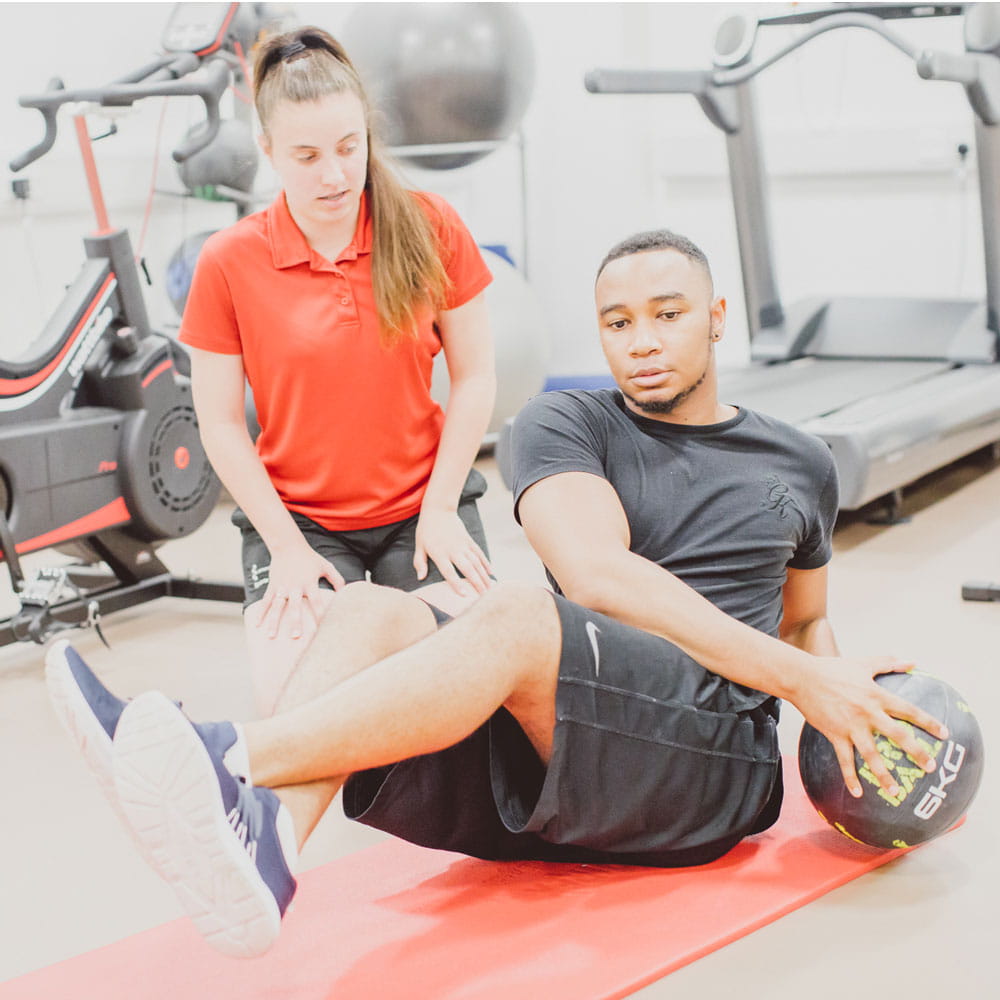
Sports Therapy
What can we offer you?
Placements and year abroad
Our BSc Physiotherapy and BSc Sports Therapy degrees include work placements as part of your studies.
Our other degrees have the option of including a placement year between your second and final years. Our School and the University's student development department will help you identify and apply for suitable placements in the local area or around the country. Placements are a great way to put your classroom learning in to practice, helping your CV stand out when you graduate and begin looking for employment.
Alternatively you might want to expand your horizons and undertake a year abroad at one of our partner institutions. Living and studying in a different country can help you develop new insights and gain new interests, and with partner institutions in English-speaking countries you don’t even need to be bilingual!
Professional accreditation
Several of our degrees are accredited by the Chartered Society of Physiotherapy (CSP) (approved by the Health and Care Professions Council), or the Society of Sports Therapists (please check individual course listings to confirm which have accreditation).
Accreditation is an indicator of the high quality of our degrees. By studying an accredited degree you will be finishing university with the skills and experience you need to qualify for professional practice.
Skills for life
It’s always sad to say goodbye at the end of your time with us, but we wouldn’t be doing things properly if we didn’t get you ready for your future.
Whatever your degree, our modules equip you with the transferable skills and knowledge you need to flourish in the world of work. Communication skills, data analysis, team work, these are all things that you will need when the time comes to enter employment. Our modules are designed to help you develop these skills and put them in to practice throughout your studies.
Our School and the University’s student development department will help you create your CV, identify where to find opportunities to apply for, and practice for interviews, so you’ll be prepared for the next steps after graduation.
Additional qualifications
At Essex you have opportunities to gain additional qualifications alongside your degree, which will help your CV stand out from the crowd.
Some qualifications are embedded in to our degrees. Our BSc Sport Coaching includes a choice of the FA Level 1 in football or an NCFE Level 2 Certificate in the Principles and Preparation for Coaching Sport, which are taught as part of your first year.
Our BSc Sports Therapy students will gain a first aid qualification in their first year, which allows them to work pitch-side during matches. They then undertake a further qualification in Advanced Trauma, ready for their placements in their final year.
For our other degrees, further qualification opportunities are available throughout your time with our School, and we actively encourage and support our students to pursue extra qualifications. Options for further study include:
- All Stars Cricket
- FA Level 1 Futsal
- B1 football (blind)
- Strength and Conditioning
- LTA Tennis
- FA level 2 Football
- Basketball
Employment after graduation
Our graduates have gone on to a range of diverse roles across the public and private sector. Some of the organisations and companies our graduates work at include:
- Sports clubs including Leicester Tigers Rugby Club, Wolverhampton Wanderers FC, and Ipswich Town FC.
- Health providers and services such as NHS Frimley Park Hospital, Dartford NHS Trust, and The Abbeyfields Clinic.
- Children's activity clubs and adult fitness companies as personal trainers, sports and fitness coaches, and in performance analysis roles.
Graduates have also begun pursuing academic career paths by undertaking postgraduate study.
As an alumnus of Essex, you will be a life-long member of the university and our School. The support we provide doesn’t stop when you graduate and we are always delighted to hear student stories from beyond Essex, or provide guidance or support on your new ventures.
Expert staff
Our academics put their research in to practice by working with elite athletes and sports people from around the world and in a broad group of disciplines. They have coached players before golf tournaments, worked with athletes from Team GB for the London 2012, Rio 2016, and Tokyo 2020 Olympics, played professionally for rugby clubs, and worked with Premier League football teams.
These real-world experiences feed in to the classroom and influence our teaching and research, so you’ll benefit from cutting-edge expertise that’s been tried and tested in the field, or on the pitch.
Enhanced experiences
Along with our academics we also invite guest teachers and experts from organisations such as the Essex FA, Essex County Cricket and Saracens Rugby Community. Our Human Performance Unit also supports athletes and sports people in their training, and hosts visits from local schools, giving our students plenty of opportunities to put their skills to practical use.
Our proximity to London and position in the South East of England also allows us to use our skills in real-life situations across the region. First year sports therapy students can volunteer to attend the London Marathon with us, where we offer post-race support for runners for MS-UK and CAFOD. Our School also offers support at the Colchester half-marathon, and may arrange opportunities at events such as the Cambridge half marathon throughout the year.
Sports clubs, societies, and facilities
Our University is home to Essex Blades, the collective name for over 40 university sports clubs, all hosted by the Students' Union. From football, rugby and basketball, through to archery, trampolining, and ultimate Frisbee, there’s plenty of options whatever your sports interest.
And if sports isn’t quite your thing then the Students' Union is also home to several student-run societies that you may wish to join, such as the Physiotherapy Society, Gym and Fitness Society, and the St John’s Ambulance Society.
Some of these clubs and societies make use of the facilities in the Sport Centre on Colchester Campus, such as our outdoor courts, astroturf and grass pitches, and gym and activity studios, so you don't have to travel far to take part.
Part of our community
We might support different football teams, debate about the right way to carb up before a marathon (even if it’s a Netflix one), and compare and contrast the best places to go jogging. But at the end of the day we’re all united by our interests in sport and exercise, and that reflects on our School.
By joining our School you’ll be part of a community that is passionate about sport, health and physical rehabilitation. You’ll be learning and working alongside a group of people with shared interests, and staff who are knowledgeable and enthusiastic about helping you learn more about your specialist subject. And don’t worry, it doesn’t mean that you need to be good at sport!
Integrated Masters
Our integrated MSc Sport and Exercise Science is a four year degree that combines your undergraduate and Masters study in to one degree.
By undertaking an integrated Masters you will finish your university experience with a Master of Science. This can help you stand out in a competitive job market, and may give you a head start in some career paths that will need a Masters degree for future promotion. It also gives you a strong research background, which is ideal if you are already thinking about doing a research degree in the future.
Carrying out an integrated Masters means that you won't need to apply separately to continue after your final undergraduate year. You can stay in a department you are familiar with, working with academics who already know your background and experience, and who are aware of your plans for the future.
Research-guided teaching, studying abroad in Australia, and the application of knowledge within the Human Performance Unit. These are some examples of the multitude of experiences that have facilitated my learning and academic development as an undergraduate student. It has been a tremendous experience to be in a department dedicated to helping each and every student achieve an excellent degree, with broad employment and further study prospects.
Course entry requirements
Physiotherapy
BTEC
BTEC: DDD in a relevant subject.
RQF BTECs we can consider with any combination of optional modules are:
- Sport and Exercise Science Extended Diploma
- Sport and Exercise Science Diploma (alongside 1 further A-level or equivalent)
- Applied Human Biology Extended Certificate (alongside 2 further A-levels or equivalent)
RQF BTECs we can consider on a case-by-case basis, depending on the optional modules are:
- Applied Science (all variants) Extended Certificate (alongside 2 further A-levels or equivalent)
- Applied Science (all variants) Foundation Diploma (alongside 2 further A-levels or equivalent)
- Applied Science (all variants) Diploma (alongside 1 further A-level or equivalent)
- Applied Science (all variants) Extended Diploma
- Sport Diploma (alongside 2 further A-levels or equivalent)
- Sport Extended Diploma
- Health and Social Care Extended Diploma (including Health Studies Variant)
- Applied Human Biology Extended Diploma
- Fitness Services Diploma (alongside 1 further A-level or equivalent)
- Sport Fitness and Personal Training Extended Diploma
QCF BTECs we can consider on a case-by-case basis, depending on the optional modules chosen are:
- Applied Science (all variants) Subsidiary Diploma (alongside 2 further A-levels or equivalent)
- Applied Science (all variants) 90 Credit Diploma (alongside 2 further A-levels or equivalent)
- Applied Science (all variants) Diploma (alongside 1 further A-level or equivalent)
- Applied Science (all variants) Extended Diploma
- Sport and Exercise Science Extended Diploma
- QAA-approved Access to HE Diploma: 21 L3 credits at Distinction and 24 at Merit with at least 12 Distinction credits in relevant Biological Science units.
To check your Access includes a minimum of 12 L3 credits of Biological Science please contact your Access provider or check your course materials.
Additional requirements
Study towards admitting qualifications within the last 5 years is normally required. Please get in touch if you think you might not meet this requirement.
Alongside academic criteria, applicants need to demonstrate knowledge of the scope of Physiotherapy and practice settings, together with effective communication skills as well as the significance of the NHS Constitution and its core values. Personal statements submitted will be assessed to ensure applicants meet these requirements. You can find further information about the NHS values on the Health Education East of England website and the Gov.UK webpages.
You must also have a satisfactory Occupational Health Check and enhanced Disclosure and Barring Service (DBS) Check (including child and adult barred list check) - both are organised by the University. Please contact our DBS team (dbs@essex.ac.uk) if you have any questions.
A satisfactory Overseas Criminal Record Check/Local Police Certificate is also required, in addition to a DBS Check, where you have lived outside of the UK in the last 5 years for 6 months or more.
Graduate stories
The course really demonstrated to me the importance that science has on sporting performance. The combination of classroom teaching with practical laboratory sessions was essential, as it allows you to become active with the learning and how the objectives apply to athletic situations.

